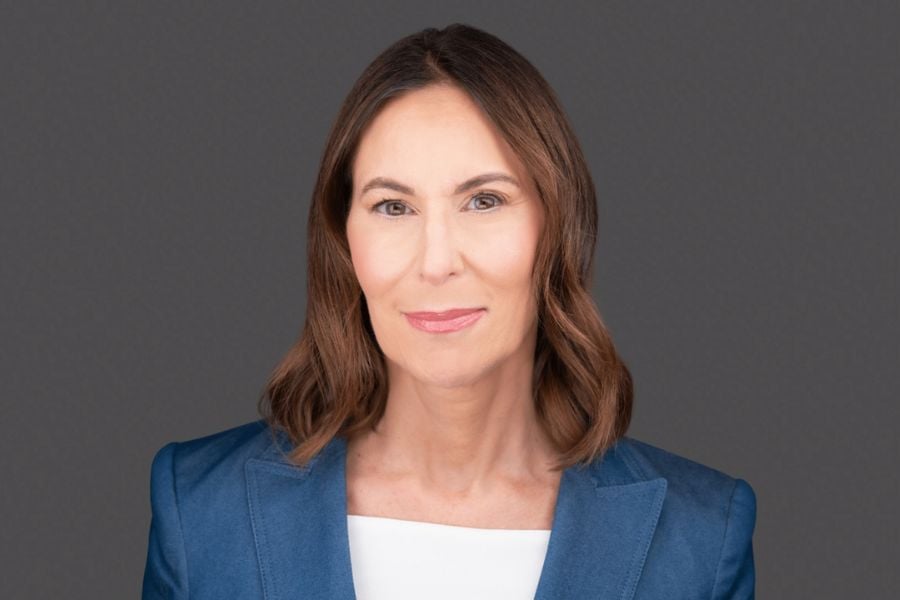

With a career stretching back to the halcyon days of the ‘80s, Caryn Zweig knows what it means to invest ethically and invest well. From her start working for Bear Stearns on the floor of the American Stock Exchange while still an undergraduate to her current role as CEO of Abner Herrman & Brock Asset Management, Zweig’s journey has been marked by a keen eye for how and when to invest.
During a stint at Atalanta Sosnoff Capital — a leading figure in money management on the New York Stock Exchange — Zweig spent time researching new equity issues, understanding the details of security analysis, and learning exactly what it means to invest well.
“It was about looking at how to analyze stocks — the industries and the companies,” she says. It’s this experience that singles Zweig out as a force to be reckoned with — and for those looking to select specific investment vehicles, Zweig preaches self-education.
“When we talk to either direct clients or financial advisors, whom we also serve, we consider what we know after we do an assessment of the client’s objectives. I think that our proposal really depends on their risk tolerance and liquidity needs. Also, what kind of volatility is comfortable for them?”
Zweig stresses the importance of balance in a portfolio, where some assets are geared toward preservation of capital, through vehicles such as individual bonds, and others toward growth.
“From day one, AHB was founded on a core principle — to put the client first. We specialize in our core investment strategies,” she said, underlining the firm’s focus. And specialization really is key in Zweig’s philosophy. In a market rife with complex products and emerging trends, she believes in sticking to the firm’s strengths and acknowledging where others’ expertise is greater.
“We pride ourselves on the categories and the strategies that we do provide. We specialize in investment-grade taxable bond portfolios, investment-grade municipal bonds, and our core large capitalization equity strategy. And we feel that those are strategies we can excel at for the client.”
Looking to the future and the changing regulatory landscape, Zweig sees the increasing importance of fiduciary responsibility in investment management. She underscored the significance of understanding clients’ long-term objectives, risk tolerance, and personal priorities.
“That’s part of what regulation has stepped in to provide — because as the industry has become less cookie-cutter and many different ways to advise a client over their lifespan have developed, you might need a more conservative approach based on their unique personal circumstances and what long-term objectives they’re trying to achieve," she said. "It is no longer appropriate to design asset allocation entirely based on age.”

AI is no replacement for trusted financial advisors, but it can meaningfully enhance their capabilities as well as the systems they rely on.

Prudential's Jordan Toma is no "Finfluencer," but he is a registered financial advisor with four million social media followers and a message of overcoming personal struggles that's reached kids in 150 school across the US.

GReminders is deepening its integration partnership with a national wealth firm, while Advisor CRM touts a free new meeting tool for RIAs.

The Texas-based former advisor reportedly bilked clients out of millions of dollars, keeping them in the dark with doctored statements and a fake email domain.

The $3.3 trillion tax and spending cut package narrowly got through the upper house, with JD Vance casting the deciding vote to overrule three GOP holdouts.
Orion's Tom Wilson on delivering coordinated, high-touch service in a world where returns alone no longer set you apart.
Barely a decade old, registered index-linked annuities have quickly surged in popularity, thanks to their unique blend of protection and growth potential—an appealing option for investors looking to chart a steadier course through today's choppy market waters, says Myles Lambert, Brighthouse Financial.
